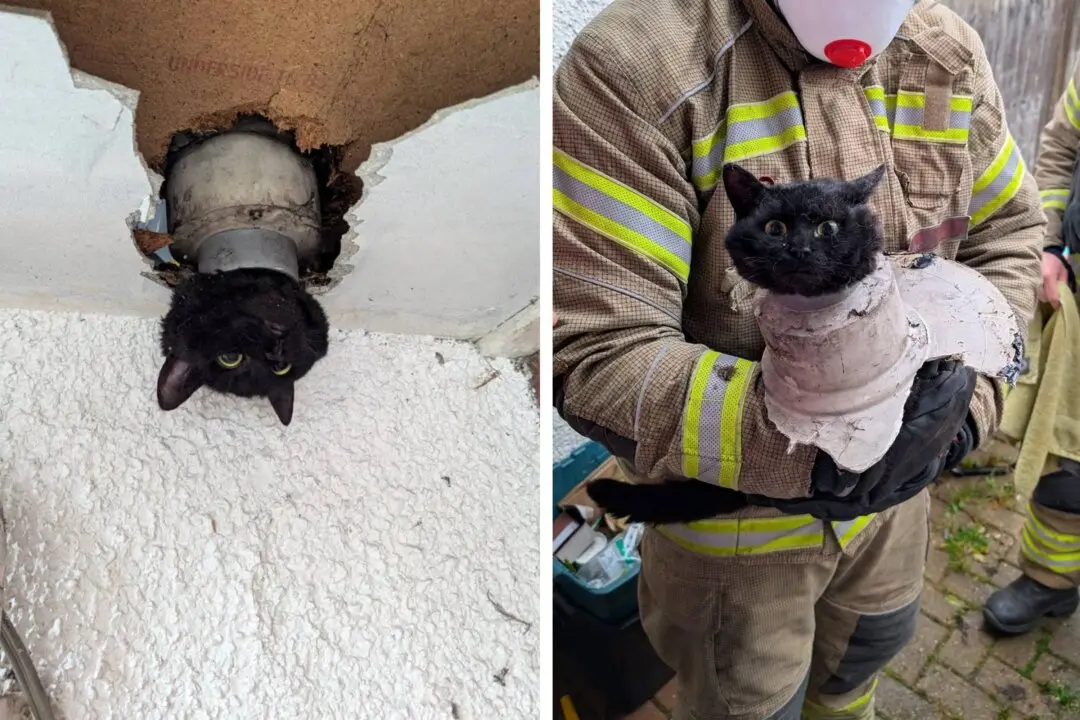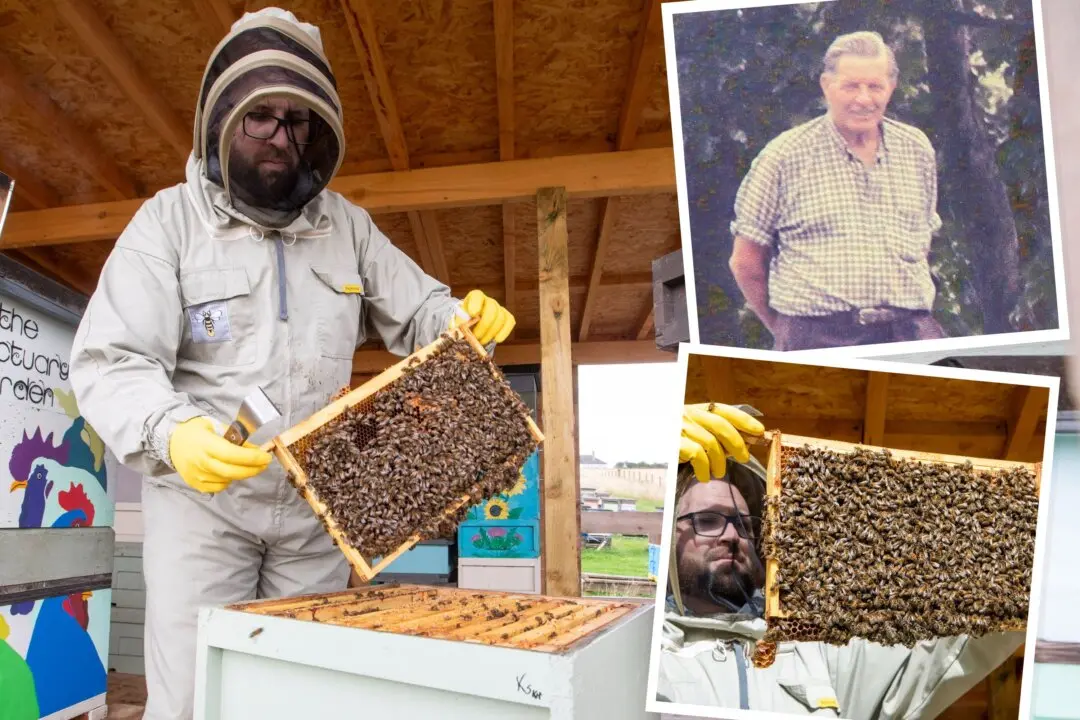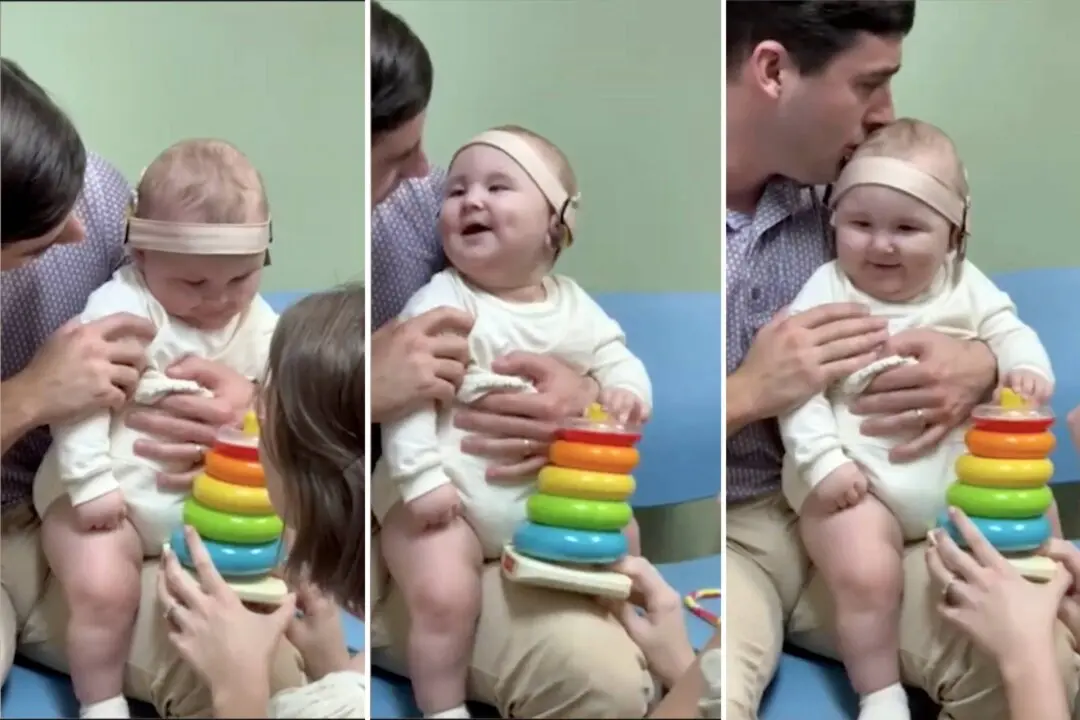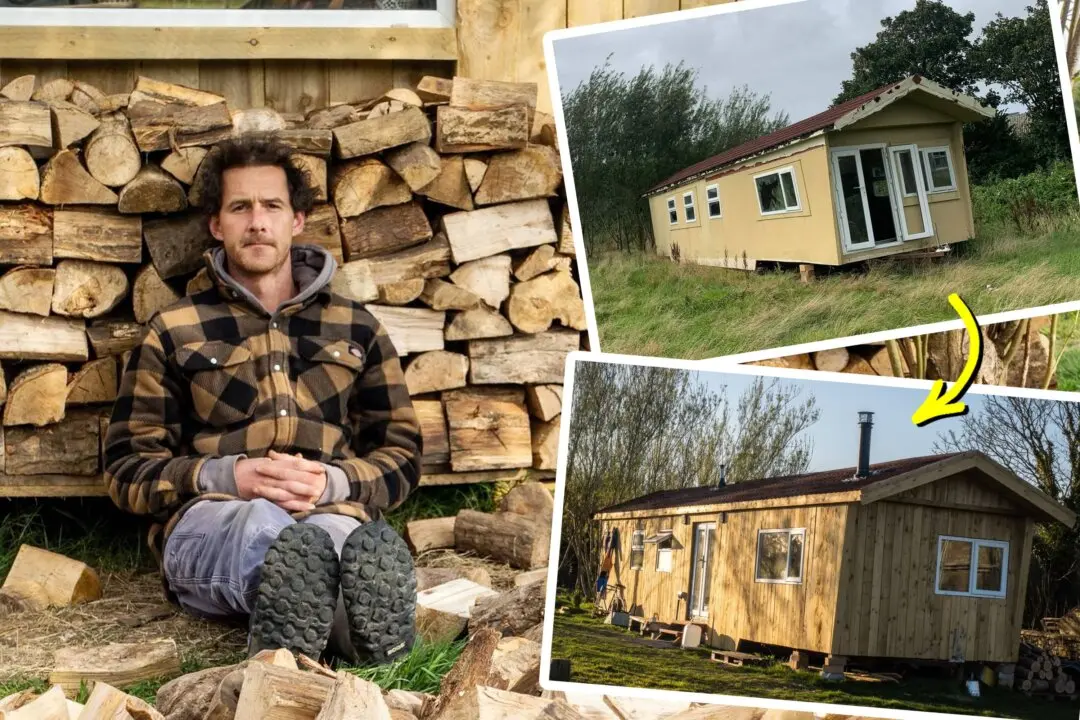Nearly seven years ago, Emma Ruscoe from Solihull, West Midlands, England, started noticing subtle signs that there was something wrong with her husband, Simon Ruscoe.
“I noticed a change in his behavior at the end of 2015. Simon stopped wanting to go out with friends, he didn’t want to go out and socialize,” Ms. Ruscoe, 55, said. “He became very reserved, and I noticed he was withdrawing more and more to the point I thought he was having an affair.”





